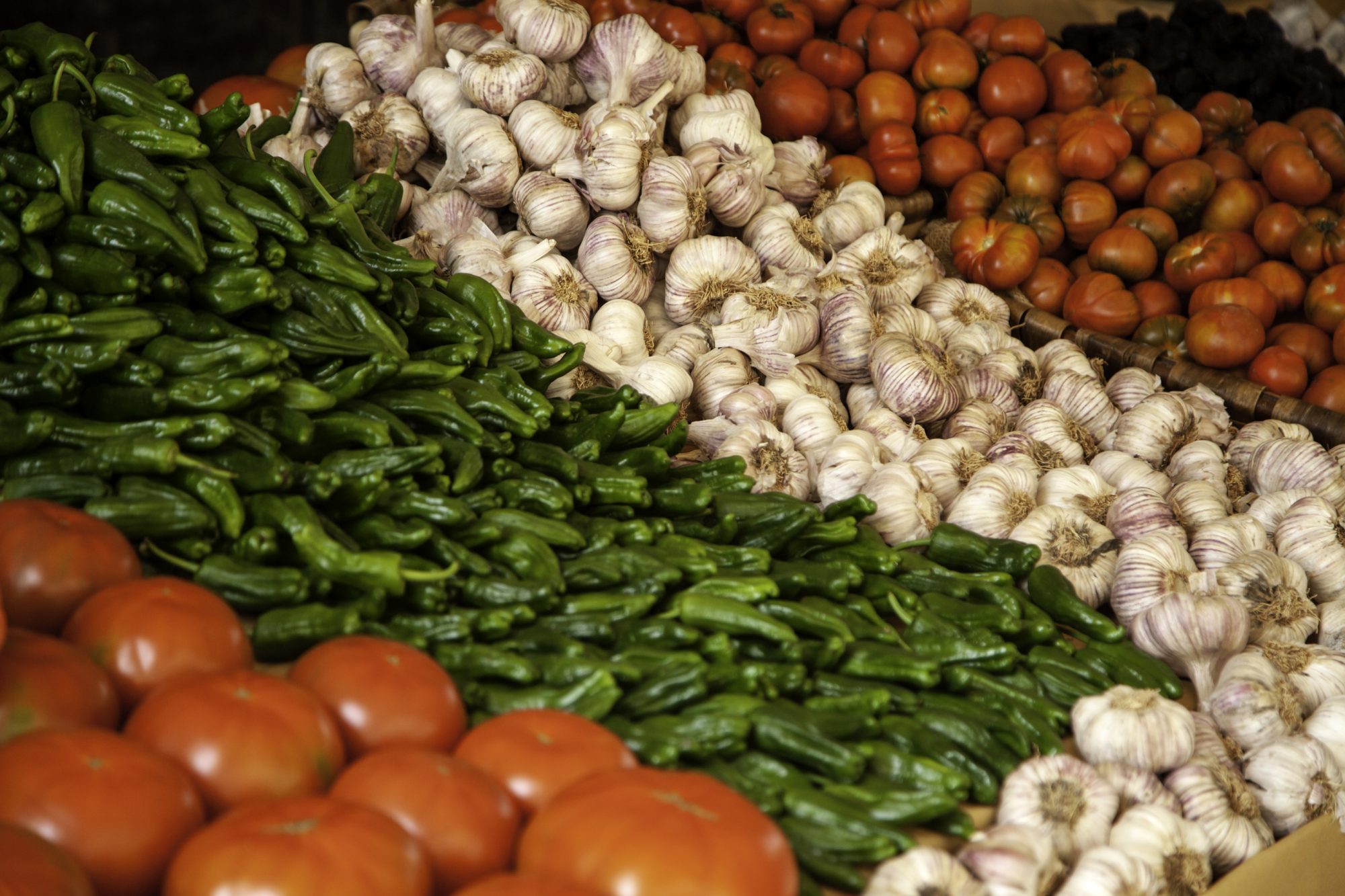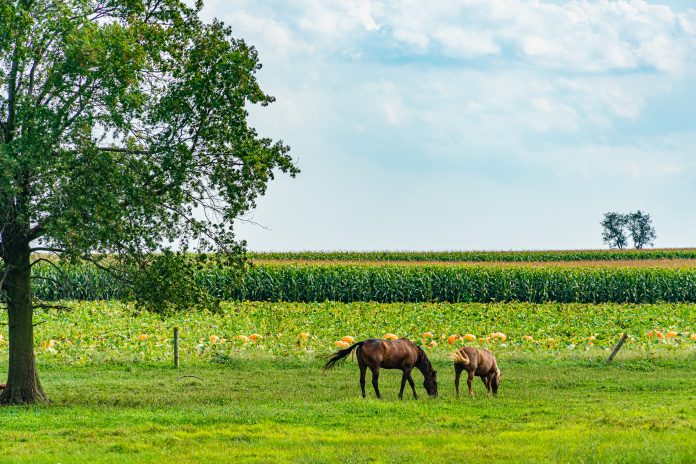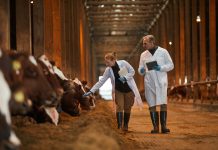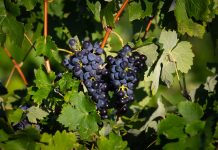Larger organic farms operate more like conventional farms and use fewer sustainable practices than smaller organic farms
For organic farms to increase the adoption of sustainable practices, they often have to be smaller and redesigned to integrate a broader suite of sustainable agroecological practices.
Agroecological practices refer to those that improve sustainability by leveraging ecological processes and providing ecosystem services.
According to Cornell University, larger farms used fewer agroecological practices, and organic farming on large farms more closely resembled conventional farming, as growers frequently substitute synthetic pesticides and fertilisers with inputs permitted in organic production.
“This conventionalization of organic farming is a real issue… We’ll lose those ecosystem services and benefits”
U.S. organic fruit and vegetable sales represent 15% of all retail produce sales
The researchers found that larger farms were more likely to use agroecological practices that primarily increased efficiency.
While U.S. organic fruit and vegetable sales represent 15% of all retail produce sales, and organic food sales total nearly $57 billion a year, large farms in the organic market could drive prices down and expand access, the use of fewer agroecological practices and a greater degree of conventionalisation could reduce the sustainability of organic agriculture and confidence in the organic label.
An example of this can be seen with reduced tillage, which lessens disturbance to the soil but also requires specialised equipment – which was more common on larger farms.
Smaller farms were more likely to use things like non-crop vegetation, and they were almost three times more likely than large farms to use insectary plantings, which attract beneficial insects to crops.

A case study of failed agroecological practices
There are several reasons large farms might not adopt agroecological practices.
One of which can be seen with Insectary plantings on the perimeter of a very large field (versus a small field), which might not be as effective for pollination, for example.
There was a program in California to incentivise the planting of hedgerows – which provide habitat for wildlife and beneficial insects – which failed due to food safety scares that made large supermarket retailers pull out of food deals.
So, without adequate empirical evidence, farmers had to weigh the perceived risk of crop contamination from wildlife with the ecological and agricultural benefits.
As a result, some farmers removed their hedgerows in order to keep their contracts with powerful wholesale buyers.
Jeffrey Liebert, at the College of Agriculture and Life Sciences, said: “This was a good example of how we can’t solve some of these issues around sustainability or biodiversity if you’re not taking a more interdisciplinary approach.
“If we’re not engaging in conversations with policymakers and the private sector, which has such a strong influence on the practices farmers are using, we won’t be successful in promoting the adoption of these practices.”
Surveying 542 organic fruit and vegetable farmers to find the data
The interdisciplinary group of researchers and The Nature Conservancy gathered this information by surveying 542 organic fruit and vegetable farmers, questioning them about the use of eight agroecological practices.
They also looked at indicators of ‘conventionalisation’ in organic farming, such as reduced crop diversity, mechanisation and a focus on high volume and wholesale production.
Liebert said: “We wanted to look at how the practices differ between small-scale organic farms like the ones you see scattered around the Finger Lakes, which may serve the local farmer’s market and those huge farms that supply organic produce to big box stores.
“I visited numerous large farms where their organic acreage was on one side of the road and their conventional acreage on the other side, and you couldn’t tell the difference.”
Matthew Ryan, associate professor in the School of Integrative Plant Science and co-author of the paper said: “This conventionalisation of organic farming is a real issue.
“If it goes too far, then consumer confidence in the organic label will dissipate, you lose that price premium, people won’t be using these practices – and we’ll lose those ecosystem services and benefits.”











